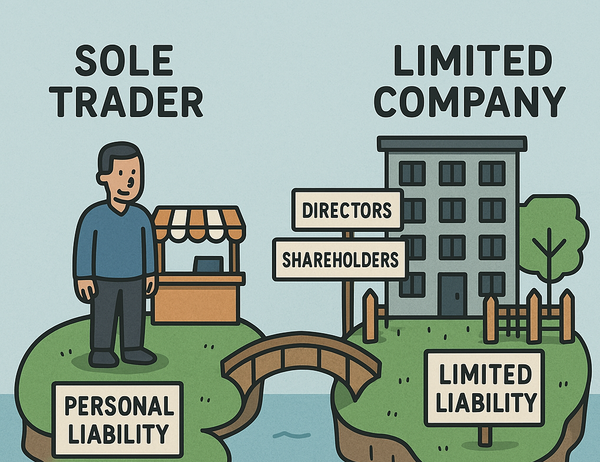Surprise changes on incorporation relief
Earlier this week, George Osborne announced during the Autumn Statement some major changes to the tax reliefs available when an unincorporated business transfers into a related company (e.g. a sole trader transferring their business into a Limited company that they also own).
It has been widespread practice in the past to start a new business as a sole trader business and then incorporate later. The benefits were multiple. First, because a sole trader business can carry back losses, if one creates a business with high startup costs, tax relief can be carried back and offset against tax paid in previous years, including tax paid on employment earnings. For someone leaving the corporate world that's a nice incentive and this has not changed.
What has changed however is the relief available when changing the status from sole trader to limited company. Indeed, once the losses have been offset against past earnings, using a limited company is much more tax efficient especially because it's possible to mostly avoid national insurance. In the past the incorporation process would have generated 2 significant reliefs. They are now gone.
- The first change is that the individual will no longer be able to claim Entrepreneurs’ Relief on the Goodwill transferred into the Limited company and will be taxed 18% or 28% instead of the much-reduced rate of 10%.
- The second change is that the company will not be able to claim any Corporation Tax relief on the Goodwill brought in into the new company, an additional loss of 20% compared to the previous rules.
There was no prior warning of these changes, and they take effect for all incorporations which take place on or after 3rd December 2014.



